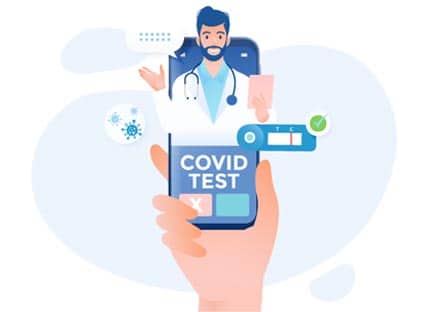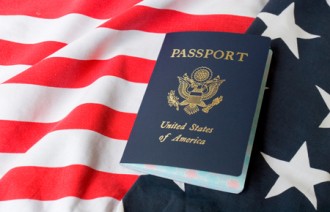By: Alana Millings, LMFT
After experiencing a broken heart, whether it be from a break up with a spouse, the loss of a friendship or the death of a loved one, many people find that they don’t know what to do, and often feel lost, angry or confused. People sometimes turn to things like food, sex, shopping, drinking and other “comforts” to escape their feelings of depression, sadness and confusion. What many people do not do is recognize and correctly identify what there are truly feeling: Grief.
Grief is unfortunately not as widely accepted in our society as we might like it to be and certainly not as much as we need it to be. There is often an expectation that the griever “move on”, “get over it” and “let things go” after a certain period of time when someone suffers a loss. The unspoken rule is that we are not allowed to dwell on these things for too long because it may send a message that a person is not strong. This is unfortunate, as it gives people incorrect information about how to grieve and creates a barrier to learning how to overcome grief and heal from a broken heart.
We grieve losses when we consider the things we wish we could have done differently, better or more in those relationships we have lost. We feel there were moments that were missed opportunities to say something more, do something better, and we beat ourselves up for not having done something differently. Sometimes, we think perhaps that time will heal our hurt… or at least that’s what we’ve heard. We think that maybe our memory will begin to fade, and it might be easier to forget, but our brains hold on to hurt and heartache with a tight grip and will not easily let those memories fade away.

The Grief Recovery Method is wonderful and effective program derived from the book: “The Grief Recovery Handbook”. The book provides step by step instructions on how to overcome loss and heal a broken heart, leaving you with tools that you can use time and time again. You can find out more about the Grief Recovery Method by picking up the book: The Grief Recovery Handbook, 20th Anniversary Expanded Edition, or you can contact a Certified Grief Recovery Method Specialist® who will take you through the program in either an individual or group setting over the course of about 8 weeks.
Whatever means you choose to overcome a broken heart, do not isolate yourself. The key will be to incorporate others. Utilize the supports in your family and friends. Contact a therapist, visit and join a support group, try group Yoga or meditation. You will find that surrounding yourself with positive people who love, care and support you will be the best medicine to heal your hurt and your heart.
-Alana Millings, M.S., LMFT
Certified Grief Recovery Method Specialist®







